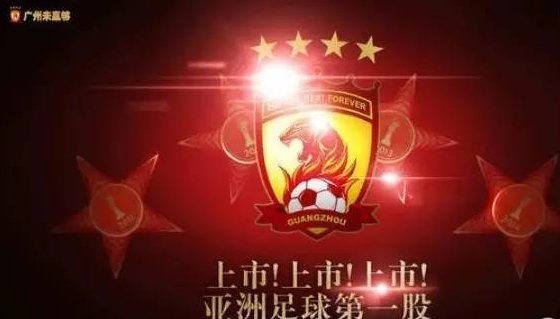The Chinese Super League has seen impressive growth both on and off the pitch in recent years after recovering from a match-fixing scandal that had pushed professional soccer in China to the edge of extinction. But for all the big-name signings made by clubs and large sponsorship deals made by the league, the concept of Financial Fair Play (FFP) remains a foreign one.
In fairness, UEFA's FFP regulations, first introduced in 2009, have hit some headwinds in recent months with the constraining principles set to be eased, partly in response to some pending lawsuits pursued by clubs that had been punished for spending beyond their means. But, broadly speaking, clubs across Europe remain supportive of the principle that spending should be at least loosely based on a club's revenues.
Not so in China, where leading CSL club Guangzhou Evergrande has lost a reported 1.3 billion yuan, or about $215 million, from the start of 2013 up to June this year, but continues to spend. These numbers were only made public because the club recently applied to list on the New Third Board, China's over-the-counter equity exchange that has seen valuations soar this year.
An IPO is a tried and tested way to raise more capital, and the 150 percent rise in the price of many companies this year alone must have been too tempting for the club to ignore. But as the recent correction in stock prices has shown to the millions of Chinese who have dabbled in the markets, this can also be a risky strategy.
The sense is that Guangzhou Evergrande, which now has the name Taobao appended to its team name after sizeable investment from Jack Ma Yun's Alibaba Group, wants to get more cash simply to finance further transfers of foreign players or hiring of coaches, rather than to balance its books in any meaningful way.
A number of US-listed Chinese companies have sought to go private in recent weeks with a view to re-listing at a later date on China's stock exchanges in order to leverage what they feel will be higher prices closer to home. But as the rollercoaster ride of stock market volatility is proving, sure bets no longer exist.
Similarly, Guangzhou's leading club may well fare better in Asian competition as its strength grows domestically with further investment, but if the gap between the team and the rest of the CSL widens any further, a lack of competition at home could hurt it in the long run.
